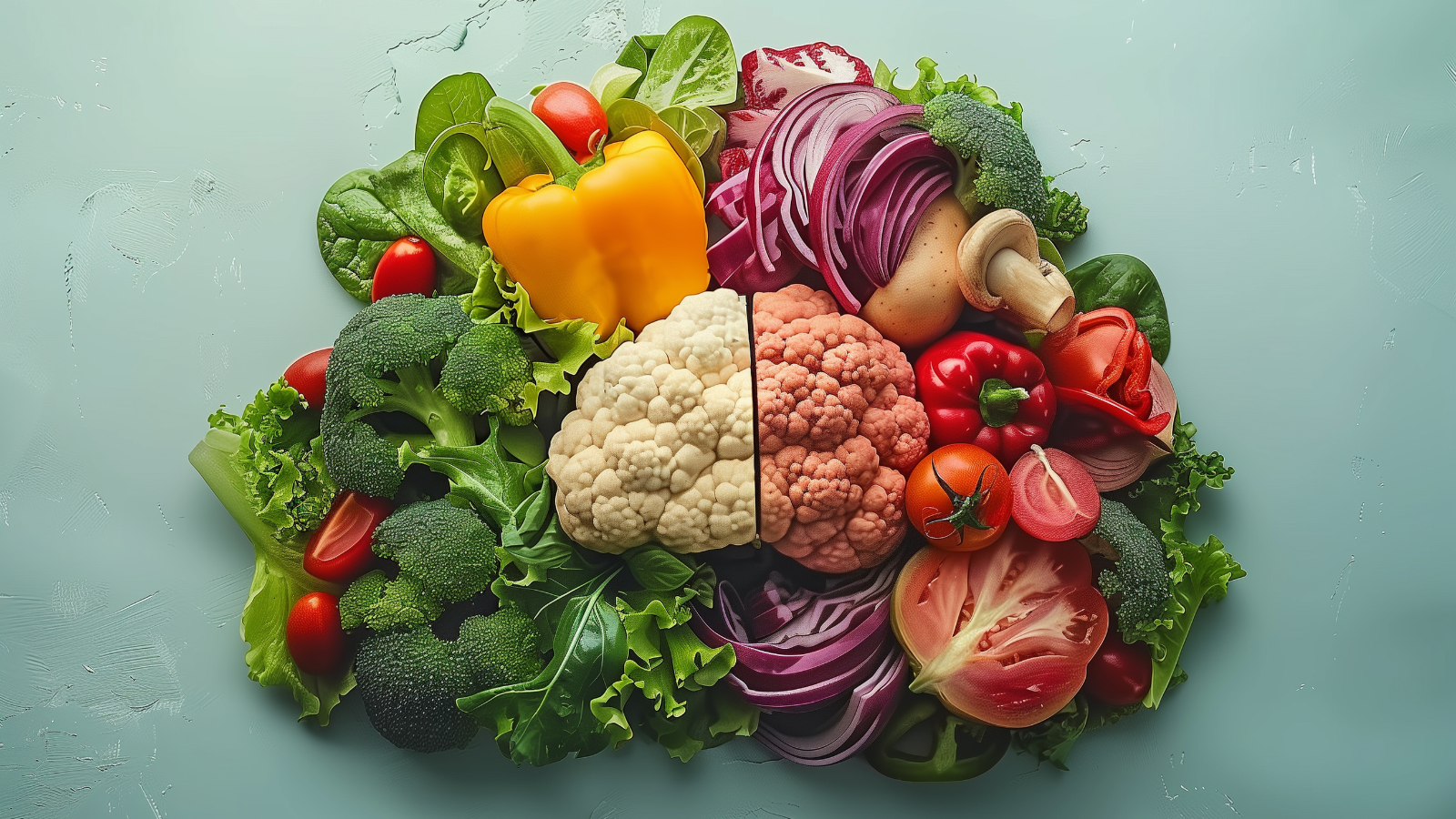Food and Mood: A Conversation on Mental Health and Diet
An interview with Sumati Bajaj, Nutrition Knowledge Specialist at PAN International
In honour of World Mental Health Day, we sat down with Sumati to explore the important (and often overlooked) relationship between nutrition and mental health.
Q 1: Mental health is complex. Where does nutrition fit in?
A: You’re right, mental health is influenced by many factors. But what we eat plays a far more powerful role than many realise. There’s now a growing field called nutritional psychiatry that looks at how dietary patterns affect mental health conditions like depression, anxiety, and stress-related disorders. It’s not just about mood. It’s about supporting brain structure, neurotransmitter function, and even reducing inflammation, all of which can shape how we feel and function.
Q 2: Are there specific foods or nutrients that help protect our mental wellbeing?
A: Yes absolutely! A nutrient-rich, mostly plant-forward diet can be incredibly supportive. We know, for example, that omega-3 fatty acids, B vitamins, and magnesium help regulate mood and support neurotransmitters like serotonin and dopamine. Antioxidants from colourful plant foods help reduce oxidative stress in the brain, while fermented foods can promote a healthier gut microbiome, which in turn impacts mental health. It’s all connected.
Q 3: You mentioned the gut. What does the microbiome have to do with mental health?
A: So, the gut and brain are in constant communication. What we eat shapes our microbiome, which in turn produces metabolites that influence things like inflammation, mood, and even stress resilience. For example, fibre-rich, plant-based diets support beneficial gut bacteria and have been shown to reduce the risk of depression and anxiety. On the flip side, diets high in ultra-processed foods can disrupt that balance.
Q 4: What practical advice would you give to healthcare professionals looking to support patients’ mental health through diet?
A: Start small and simple. Encourage dietary patterns rich in whole plant foods (like legumes, leafy greens, nuts, fermented foods) and reduce red meat, sugar, and processed snacks. In clinical settings, even small shifts can improve mood, sleep quality, and overall well-being. Where possible, screen for nutrient deficiencies, and consider interdisciplinary collaboration with dietitians and mental health professionals. Always remember that nutrition isn’t a silver bullet, but it’s a powerful part of the puzzle.
To support your clinical practice, we’ve developed the Physician Factsheet: Mental Health & Diet, offering science-backed dietary guidance to enhance mental health outcomes. Plus, we’ve included three simple, nutritious recipes designed to promote mental well-being, available alongside the factsheet.
📄 Access the factsheet and recipes on our community platform PANCO.
Not a member? Join PANCO for free to access this and other clinical tools.

